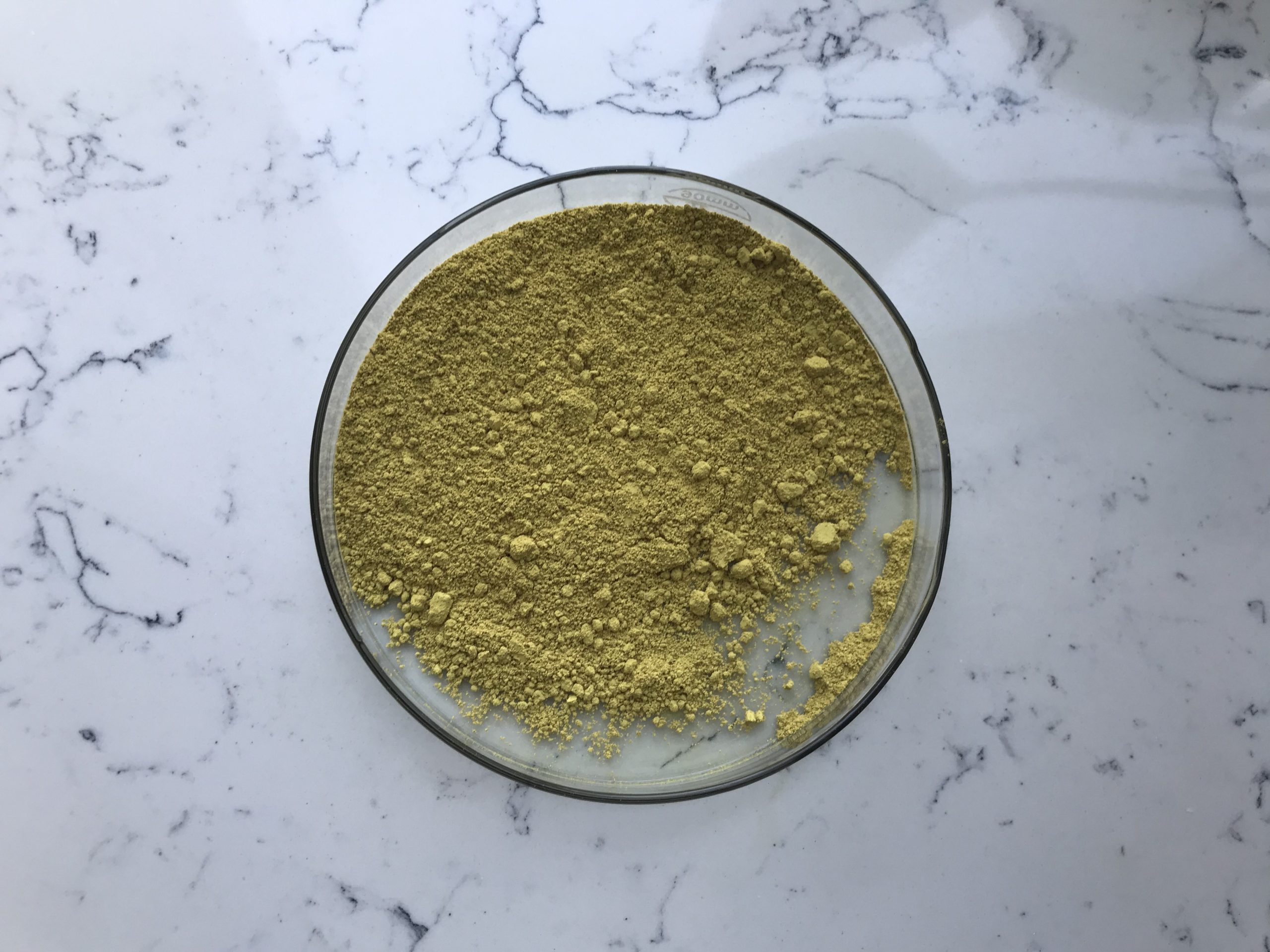Fisetin is a naturally occurring flavonoid compound found in various fruits and vegetables, such as strawberries, apples, onions, and cucumbers. It has gained attention due to its potential health benefits and therapeutic properties. Fisetin is known for its antioxidant, anti-inflammatory, anti-cancer, neuroprotective, and anti-aging properties.
Applications of Fisetin

Antioxidant Activity: Fisetin is a potent antioxidant, which means it can help neutralize harmful free radicals in the body. This antioxidant activity is linked to various health benefits, including reducing oxidative stress and lowering the risk of chronic diseases.
Anti-Inflammatory Effects: Fisetin has been shown to possess anti-inflammatory properties, which may help mitigate chronic inflammation, a key factor in the development of many diseases, including cardiovascular diseases, diabetes, and neurodegenerative disorders.
Cancer Prevention: Some research suggests that fisetin may have anti-cancer properties. It can inhibit the growth of cancer cells, induce cell cycle arrest, and promote apoptosis (programmed cell death) in certain types of cancer cells. However, more studies are needed to fully understand its potential in cancer prevention and treatment.
Neuroprotection: Fisetin has been investigated for its neuroprotective effects. It may help protect nerve cells from damage, potentially reducing the risk of neurodegenerative diseases such as Alzheimer’s and Parkinson’s disease. Fisetin’s ability to support brain health is attributed to its antioxidant and anti-inflammatory actions.
Cardiovascular Health: Fisetin may contribute to cardiovascular health by improving blood vessel function, reducing oxidative stress, and enhancing endothelial function. These effects could potentially help lower the risk of heart disease.
Metabolic Health: Fisetin has been studied for its potential to improve insulin sensitivity and regulate glucose metabolism. This could be beneficial for individuals with type 2 diabetes or those at risk of developing diabetes.
Anti-Aging Properties: Fisetin’s antioxidant and anti-inflammatory effects may contribute to its potential anti-aging properties. It could help protect cells and tissues from age-related damage and contribute to overall longevity.
Skin Health: Due to its antioxidant and anti-inflammatory properties, fisetin may have applications in skincare products. It could potentially help protect the skin from UV damage, reduce signs of aging, and promote skin health.
Bone Health: Some studies have suggested that fisetin might have a positive impact on bone health by promoting bone formation and inhibiting bone resorption. However, more research is needed to establish its effectiveness in this regard.

It’s important to note that while fisetin shows promising potential in various areas, more research is needed to fully understand its mechanisms of action and its effectiveness in different applications. Fisetin supplements are available, but as with any supplement, it’s recommended to consult with a healthcare professional before adding them to your routine, especially if you have underlying health conditions or are taking medications.
